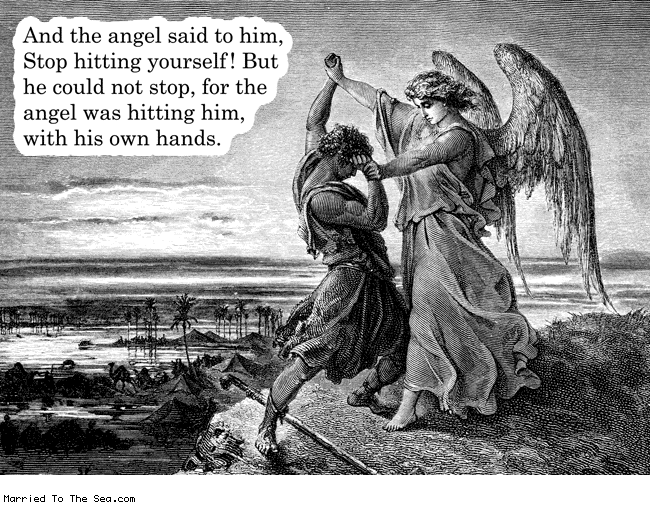I always forget until it’s (almost) too late to do this every time Hallowe’en comes around. But it is that time of year again, when college students and young adults all over this great continent dress up as their favourite racial stereotypes because they lack the creativity and human decency to dress as something that isn’t incredibly offensive.
Luckily, there’s a student group in Ohio who are more on the ball than I am:
These posters act as a public service announcement for colored communities. It’s about respect, human dignity, and the acceptance of other cultures (these posters simply ask people to think before they choose their Halloween costume). Although some Halloween costumes aren’t as racist as the blackface minstrel shows back in the day, they harken to similar prejudices. What these costumes have in common is that they make caricatures out of cultures, and that is simply not okay.
It’s points like this that I despair over. Casual acts of racism committed unwittingly by people who are simply products of a system are frustrating, but people simply flagrantly ignoring basic human decency in the service of a Hallowe’en costume makes me sad. It is around this time of year that I find myself having the same fight I always do, and hearing the arguments I always hear. Let’s go through them. [Read more…]




